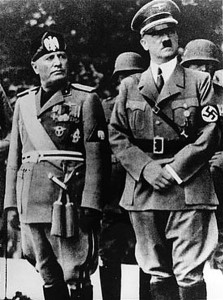Author: Karl Marx and Friedrich Engles. Marx was a German philosopher, economist, and a revolutionist. Marx published many widely known articles, but some of the most famous include Das Capital, Estranged Labor, and The Manifesto of the Communist Party. Marx worked on a radical newspaper as well, and his ideas remain influential and relevant today. Friedrich Engles assisted with the writing of The Communist Manifesto, and he was a social scientist, philosopher, and political theorist. He was good friends with Marx, and worked with Marx in other writings, such as Das Capital.
Context: The industrial revolution had rapidly changed the structure of the European economy, and the working class lived in squalor conditions, owning next to nothing. The poor living conditions created feelings of discontent, and the socialist and communist movement was quickly gaining momentum.
Language: The Communist Manifesto is a political pamphlet, and is written as such. It was created to appeal to the common people, and was written in language to appeal to the masses.
Audience: The Communist Manifesto was written to the people of Europe, and it was published in English, French, German, Italian, Flemish, and Danish.
Intent: The intention of the document is to incite a rebellion against the capitalist system, while unifying the Communist movement at the same time.
Message: There are numerous themes in The Communist Manifesto, but one of the most important is the development and overthrowing of previous economic and social structures. The feudal aristocracy was a system built upon a hierarchy, although the feudal system was eventually unable to support the needs of the growing population. Therefore, the growing middle class, the bourgeoisie, eventually overthrew the feudal system. However, the system of class hierarchy did not disappear, as it simply created new classes. For a time, the bourgeoisie was able to support the population, although power and money became concentrated in the hands of a wealthy few. Due to this wealth gap, the vast majority of the population lived in terrible conditions, and because of the terrible conditions, the bourgeoisie lost their right to remain the dominant class. An interesting point made by Marx, however, is that the dominant economic system much reach its fullest potential before it can be overthrown. The guilds, for instance, at their maximum production, were unable to supply the population with their growing needs, so the guild system was replaced by manufacturing. According to this logic, the capitalist system would have needed to reach its fullest capacity in order to be overthrown by the communists. Do you think Marx would be opposed government regulation of industry if it could make way for a worker’s rebellion?
http://en.wikipedia.org/wiki/Karl_Marx
http://en.wikipedia.org/wiki/Friedrich_Engels


